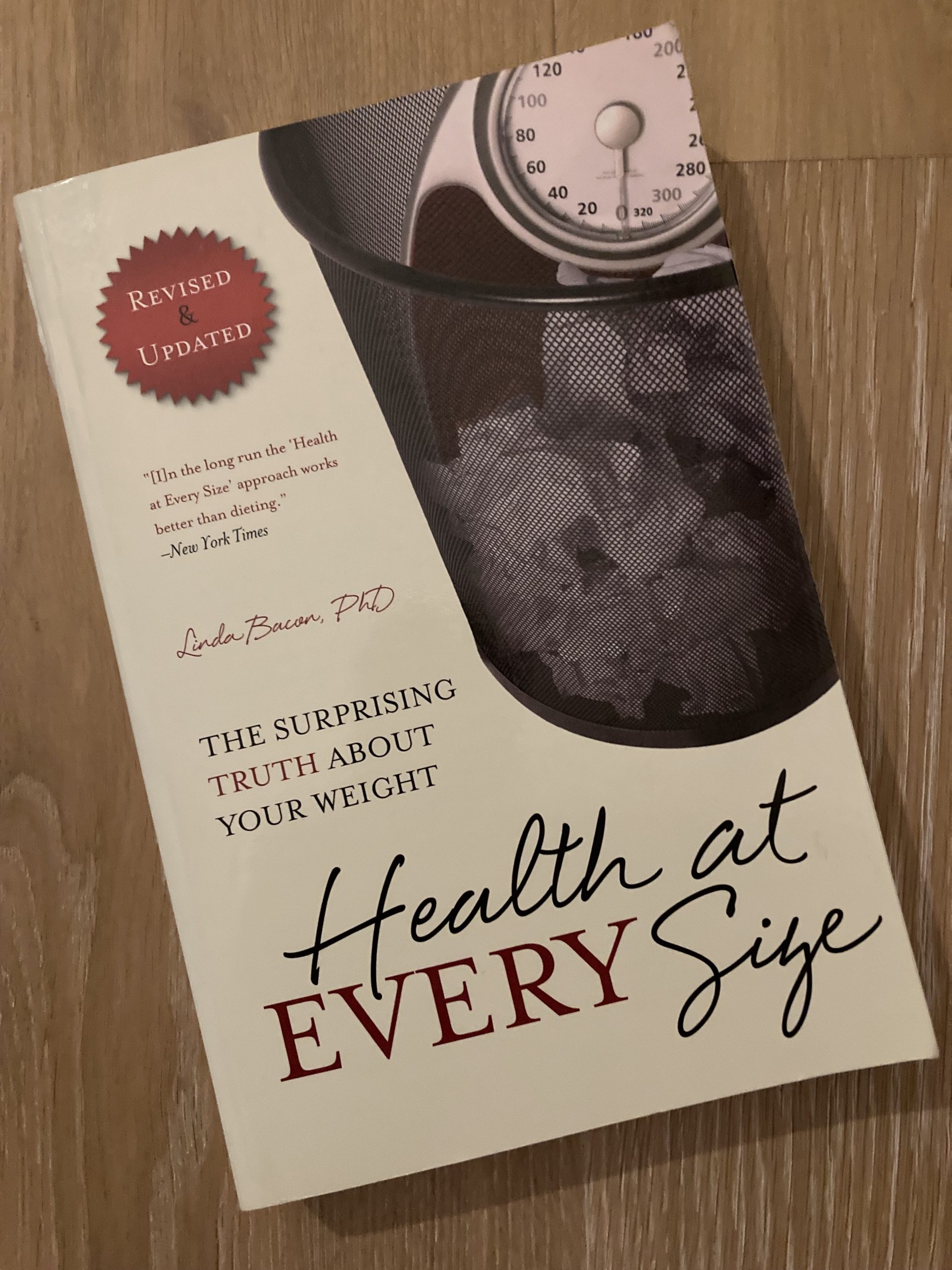Big Momma Ya’ Arm!: On Fatness, Food, and Black American Popular Culture

“Big Momma Ya’ Arm!” is a 25-year running ‘joke’ within some Black American communities. The phrase comes from a film titled Soul Food which chronicles the trials of the Joseph family after the death of their matriarch, Mother (Big Mama) Joe. The film details the importance of foodways in Black communities throughout history and across time, and helped bring to mainstream the importance of Sunday Dinners in our cultural traditions. The name “Big Mama” was at one point common for matriarchs in Black American families, and while it might invoke a fat-bodied matriarch, that is not a prerequisite for use of the term. In the film, however, Big Mama is fat-bodied and diabetic. There is a moment in the film where…



